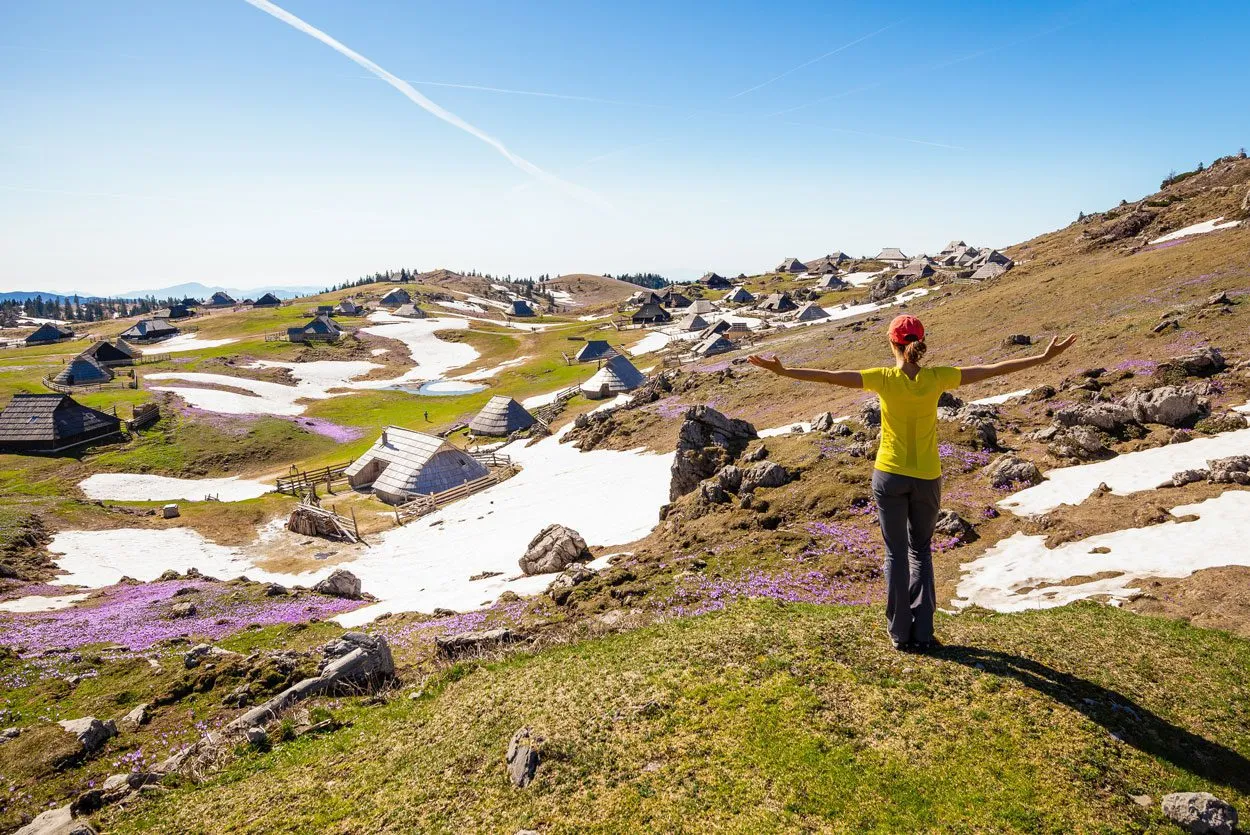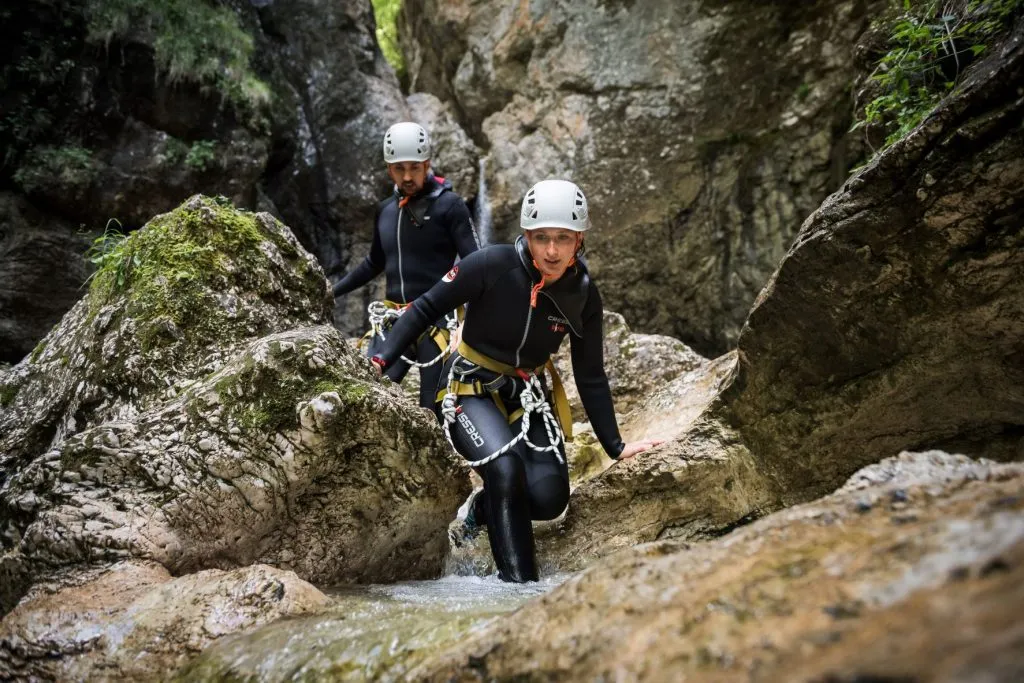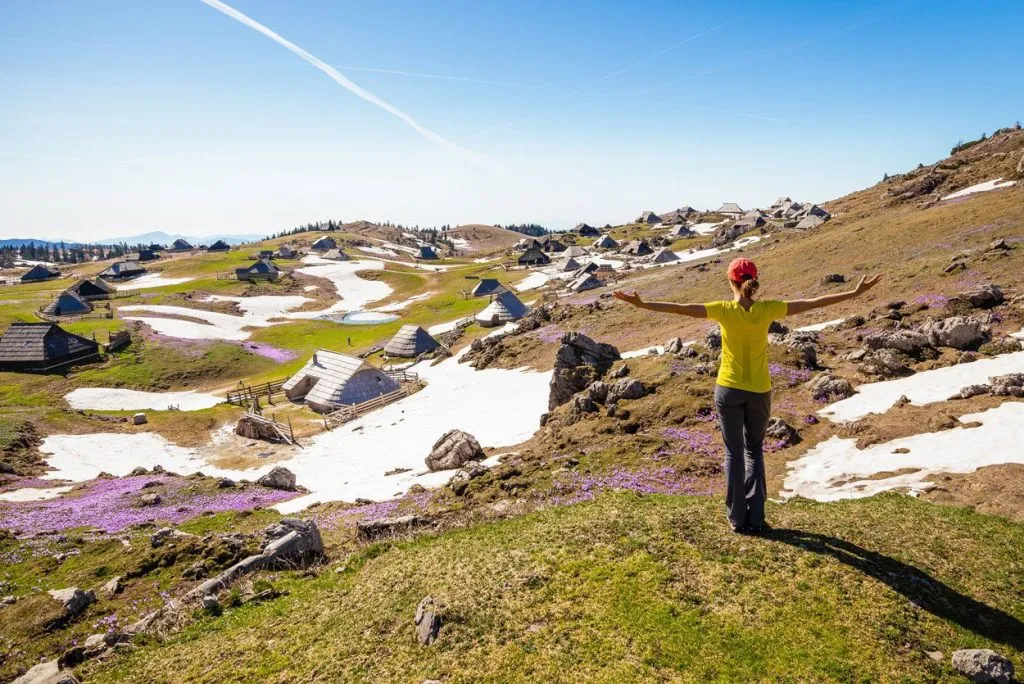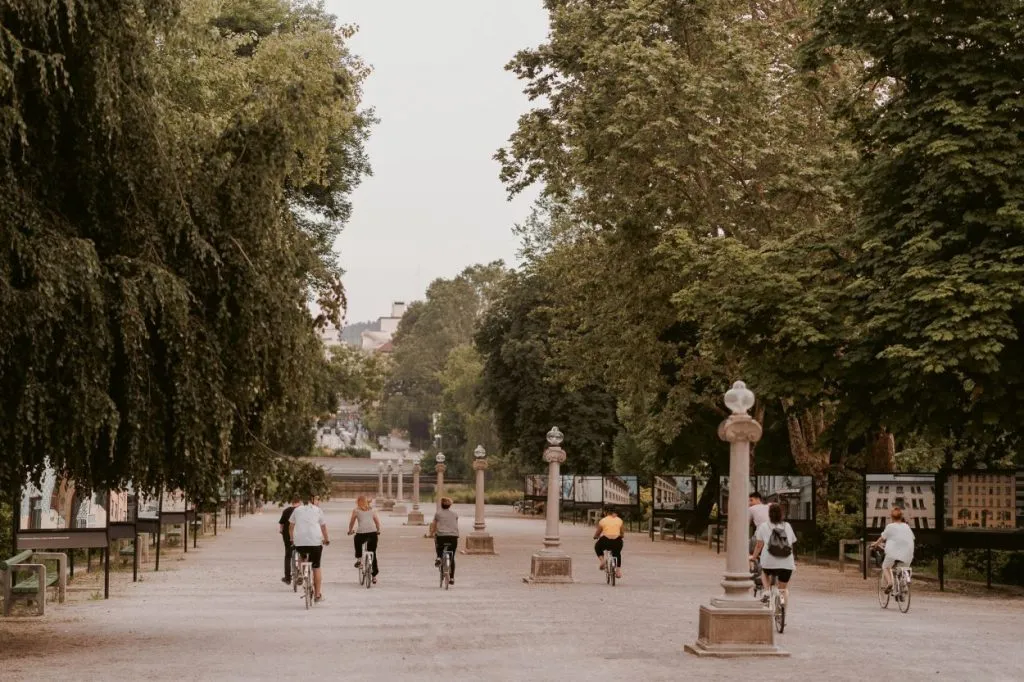The forests, hills and mountains in Slovenia are an exquisite experience. But only when explored safely and responsibly.
Before you fill your lungs with fresh air and test your physical stamina in the Slovenian mountains, you should acquaint yourself with a few useful tips to ensure a safe and pleasant hiking adventure.
Experienced alpinists, versed or amateur hikers, families – whichever category you fall under, you should remember one thing: Nature does not care. Your safety is your responsibility, so plan your hiking trip in advance.
Choose the appropriate hiking trail
Preparing for the hike is essential. First of all, you have to know where you’re going. Choosing the right path is vital. No matter how appealing the trip might seem according to the photos you’ve seen online or how many friends have said it’s ‘the best trail ever’, make sure the trail is suitable for your physical and mental fitness and that of the people you’re hiking with.
Another important detail of your tour is the duration of the hike. Getting to a stunning summit is only half of your trip, the aim is to make it back safe and sound. Then there’s the question of how technically demanding the trail is. Even if most of the route is easy, parts of it may include difficult and hazardous sections, like steep, slippery slopes or torrent beds, crumbling rocks, or giant boulders to climb over. These aren’t everyone’s cup of tea.
Googling is useful, but it’s not enough. Hiking maps, guidebooks, and local experts are the best sources of information that will help you pick the right path.
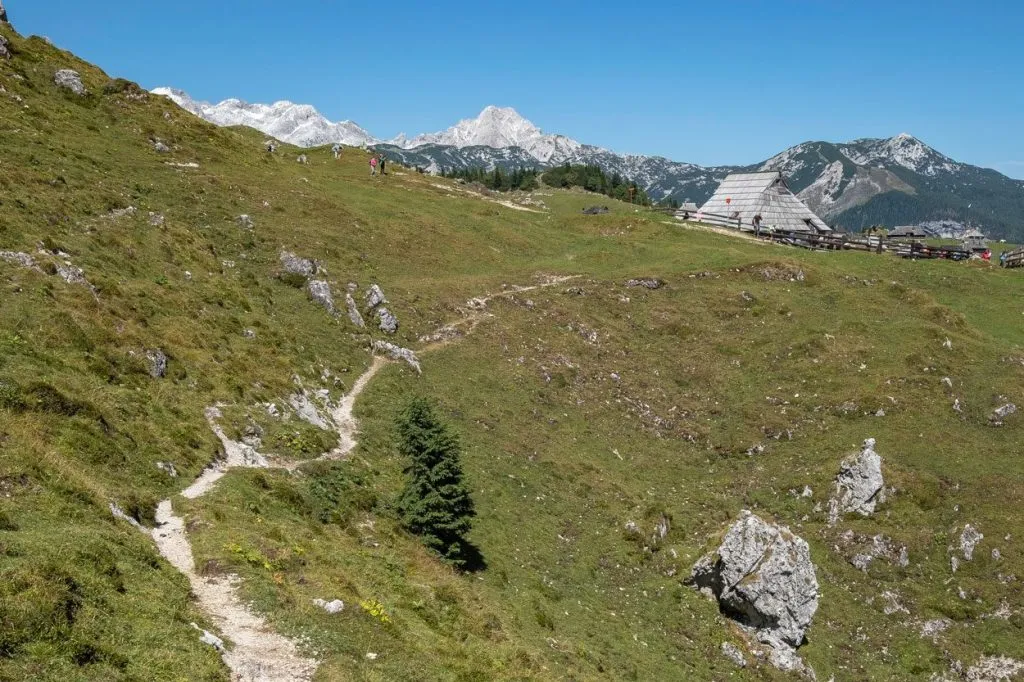
Weather conditions are everything
Check the weather. Check the weather! Check. The. WEATHER. It’s that important. You don’t want to be stuck up a mountain in a storm. Hundreds of unprepared hikers have to get airlifted to safety each year and weather conditions are often one of the main culprits. In Slovenia, the optimal hiking season runs from late spring to early autumn. However, even during hot summer months, temperatures in the Alps can change in a blink of an eye and snow has a nasty habit of appearing in spring. So, we cannot stress this enough: Check the weather forecast!
Familiarising yourself with the local climate and the weather is also a top priority when it comes to checking for warning signs. If cumulus clouds start appearing before noon, storms are likely to develop. In this part of the world, thunderstorms are most common in the afternoon, so an early start is highly recommended.
If you find yourself in the path of an approaching storm, stay clear of exposed areas and seek shelter. Don’t be stubborn. A hiking trip can be postponed, your health cannot.
Pack the right equipment
For most easy to intermediate hiking trails, a comfortable pair of walking boots or sturdy walking shoes will do. Please, leave your sneakers and flip-flops at home. Make sure the grip is good and your ankles are well supported. Wear plenty of layers to keep warm under a waterproof/windproof jacket, and always pack a change of clothes. It’s also important to hydrate frequently and pack some sunscreen. It might be windy, but the sun is still there.
When embarking on a long hike, every kilogram counts. Heaving a tremendous loud uphill is the last thing you want. Do not overpack. Essentials to pack for a day-long hike are water (plenty of it), snacks, and a change of clothes. For more demanding via Ferrata routes, a helmet, a climbing harness, and a torch are a must. Fully charged phones and GPS devices are superb aids, but signals are weak or non-existent in mountainous areas, so a map and compass are also most welcome companions.
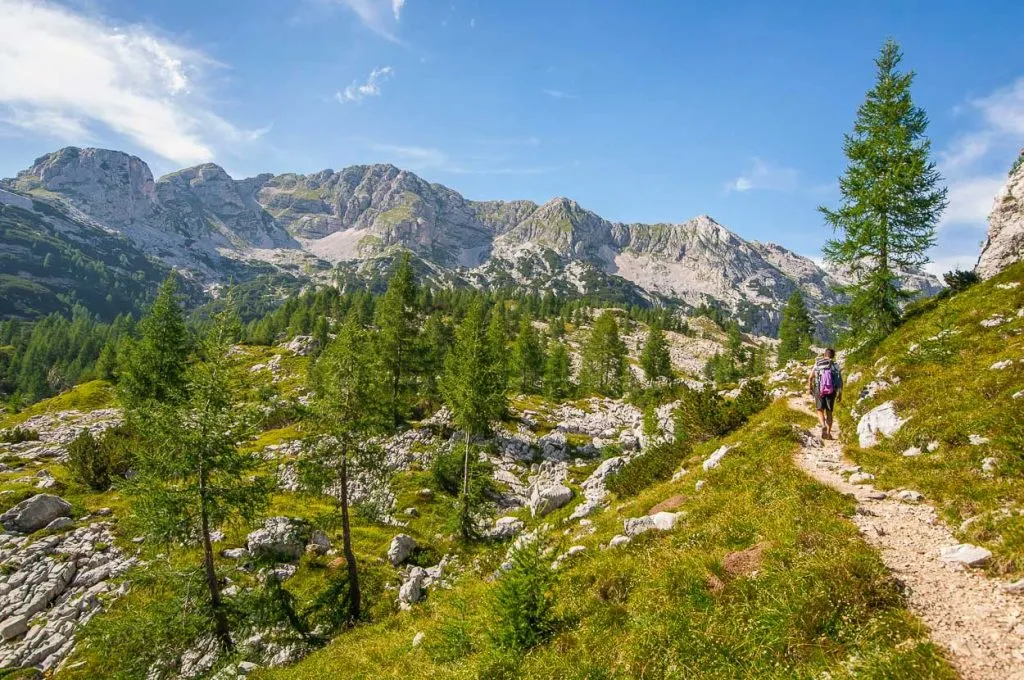
Other safety tips
If you’re planning on hiking up a mountain and you’re not a top alpine expert, hike in a group of at least three people. This means if there’s trouble, one of you can stay with the injured party while another goes for help. Additionally, always inform someone about your journey and where you’re headed.
Stay on marked trails and avoid shortcuts. In Slovenia, the “Knafelc blazes” (a white dot within a red circle) will keep you on the route. Hiking down unmarked paths increases the risk of accidents. If you do get lost, return to the last familiar point.
Taking regular breaks is crucial. Keep hydrated and eat when you can. The more energy you preserve, the better your focus will be.
Get insured! You won’t believe how expensive it is to get rescued. In the unlikely event that you do run into trouble, international health insurance will save you thousands of Euros. As mentioned, mountain conditions can be unpredictable, so it may take many hours before help arrives. Therefore, an emergency first aid kit is always a good idea.
If something bad happens, the emergency number to call or text is 112.
The Alpine Association of Slovenia has prepared a comprehensive list of more useful safety tips for hiking in the mountains, including this leaflet. Check it out!
Hiker’s etiquette
Protect nature. Do not disturb the wildlife while on your hike, especially at sunset and sunrise, when many animals are feeding. It’s their home, not yours. Be sure to close gates and fences behind you to prevent farm animals from escaping. While on the topic of animals; bears, wolves, lynxes, and snakes are very shy and will do their utmost to avoid you, but keep your dogs on leashes!
Inspect your bodies for ticks, as these tiny pests carry disease. Sprays and shots are recommended.
Do not pick flowers. Not only is the fauna protected, it can also be dangerous. Picking certain plants can make your hand swell up like a balloon. So, don’t do it.
If you need to poo (as we all do), go somewhere away from the path and at least 50 m from any streams. Then bury the feces and recyclable toilet paper.
Follow the rule: Take pictures, leave only footprints. Meaning: never leave rubbish behind. That includes compostable material, sanitary pads, tampons, etc. The natural environment must always be left in the same lovely condition you found it.
***
Stay informed, stay safe, and enjoy your hike! Either in the company of your friends or newly made friends through a guided hike! 🙂



